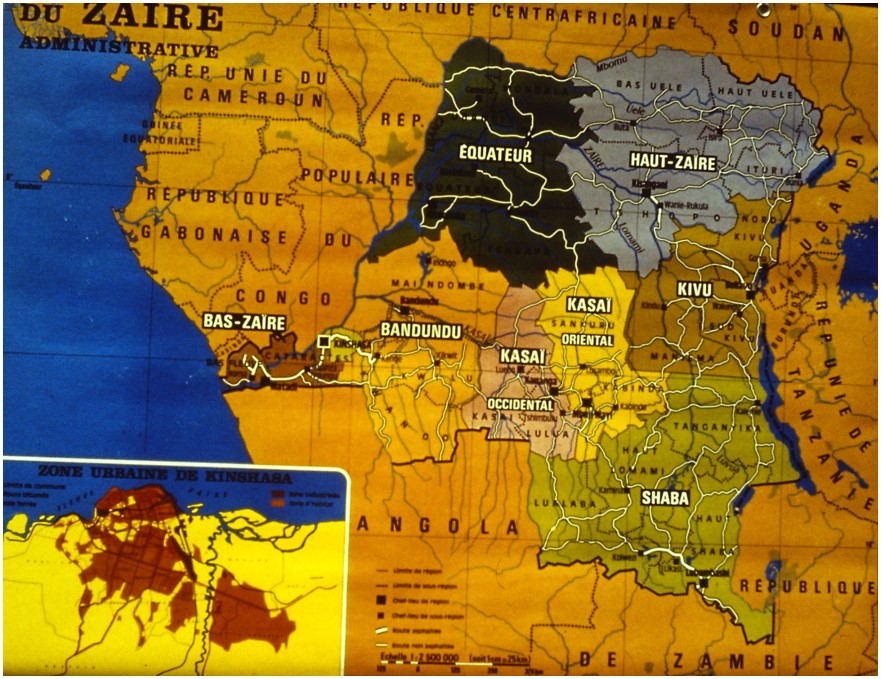A blogpost by Hannay Kay and Ine Van de Voorde
Introduction to our podcast
It was 1971 when my grandmother, her husband and her two children moved to Zaire. At this moment, Zaire was already six years ruled by Mobutu who took over by means of a coup d’état. The reason for my grandmother’s departure was the availability of a position as a teacher for my grandfather in a school in Lubuye, a small village near Kalemie. In this podcast we will touch upon her experience in Zaire during the Mobutu era.
Reflection
Interviewing my own grandmother was quite a challenge. Not knowing what she would tell me about my own family history, and above all, in what fashion made me somewhat nervous. How does she look back on her own role as a white Belgian woman in Zaire? How would she describe her experience? And what vocabulary would she use?
This interview, however, has allowed me to learn about where my own interests come from and what has shaped me during my growing up.
Furthermore, as a result of the interview I can now better understand what has driven my grandmother and grandfather, who passed away before I had the opportunity to meet him, to go live in Zaire. Also, how this experience has shaped their lives and perspectives.
With the help of Hannah, who took up the task of editing, we were able to provide you with a more objective view on the interview I took with my grandmother.
I want to thank my grandmother and aunt, who helped her with setting up the online meeting and who shared the pictures with us, for the collaboration and the interesting insight in a part of their lives.
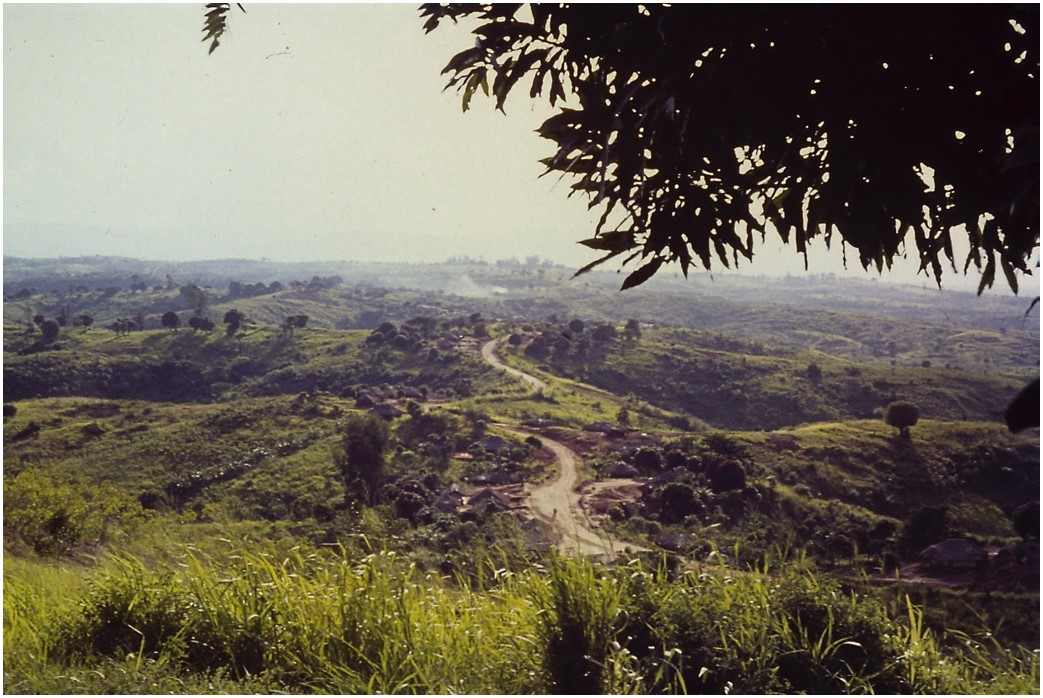
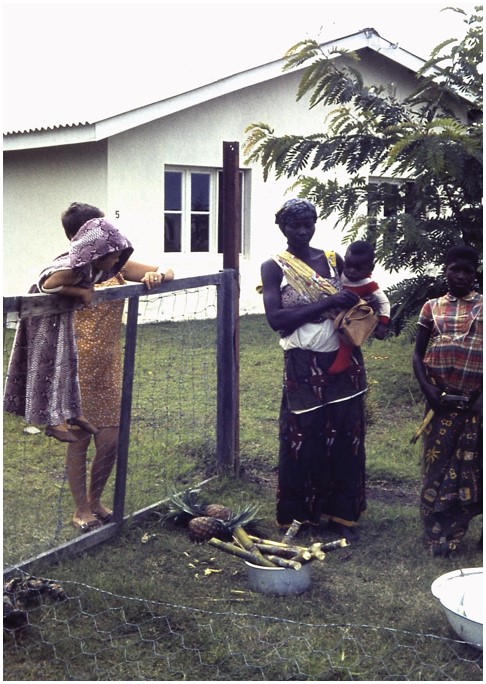
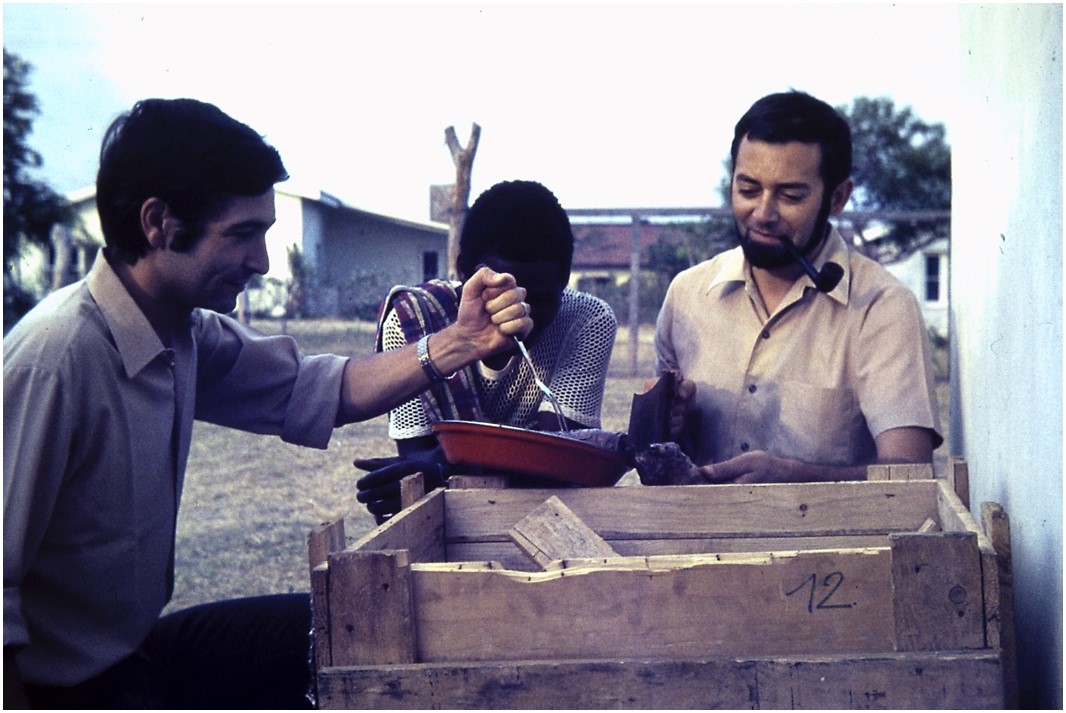
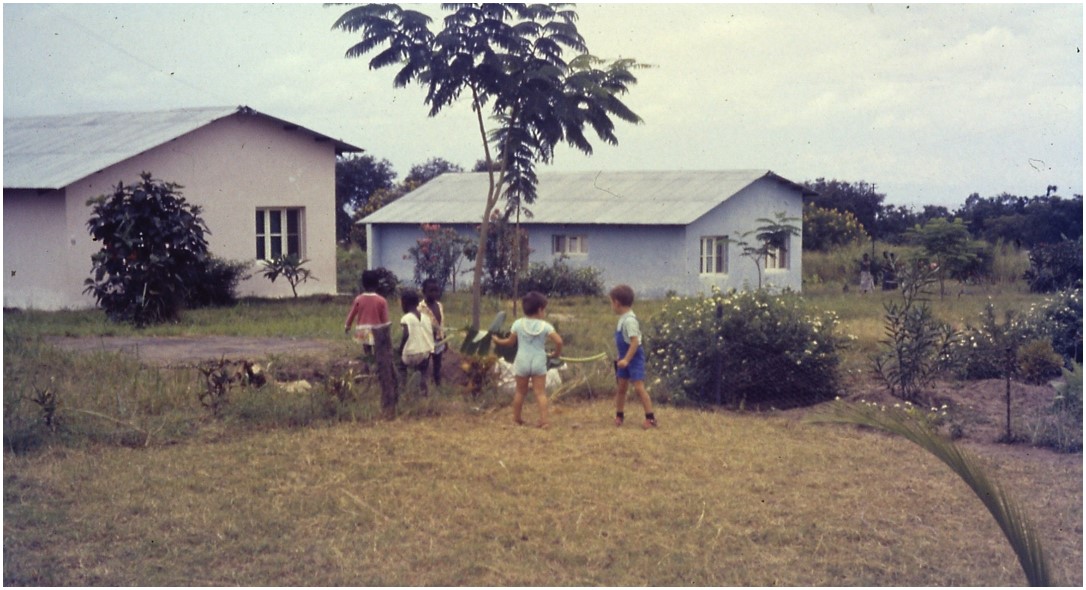
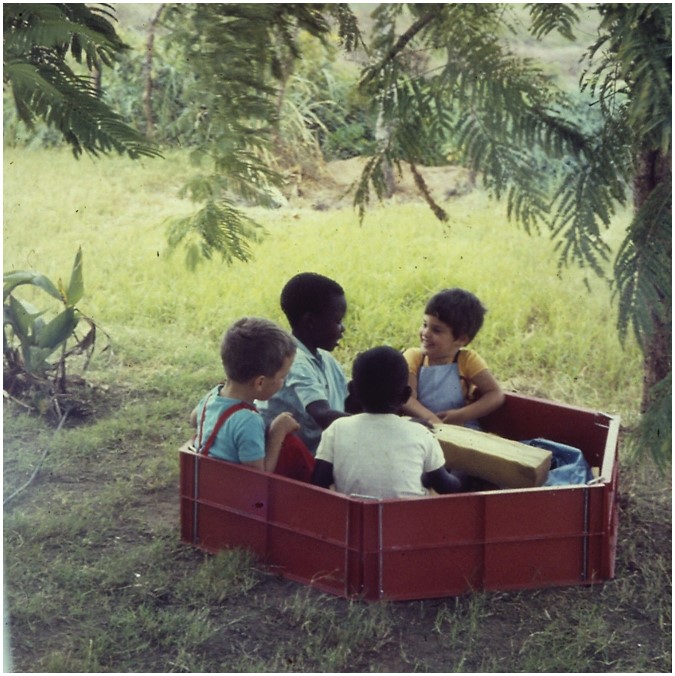
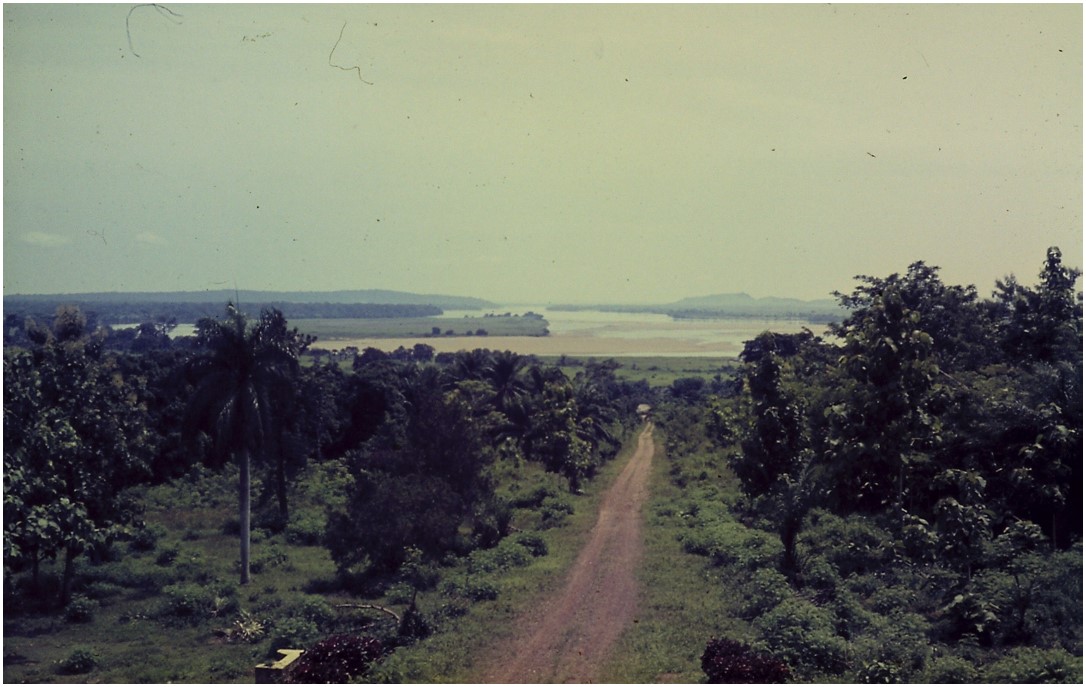
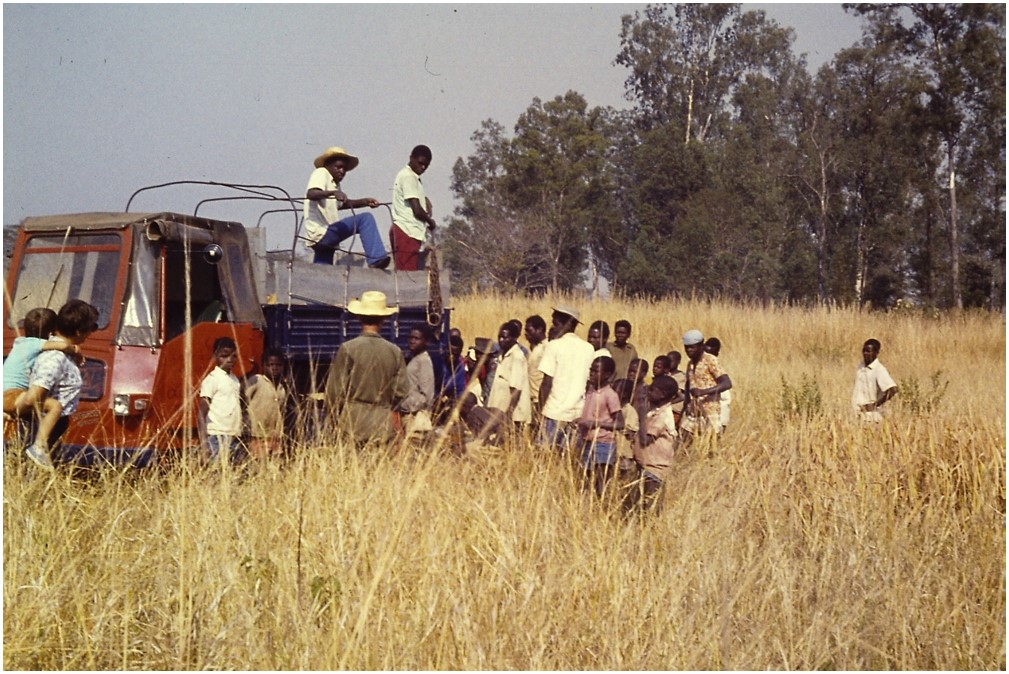
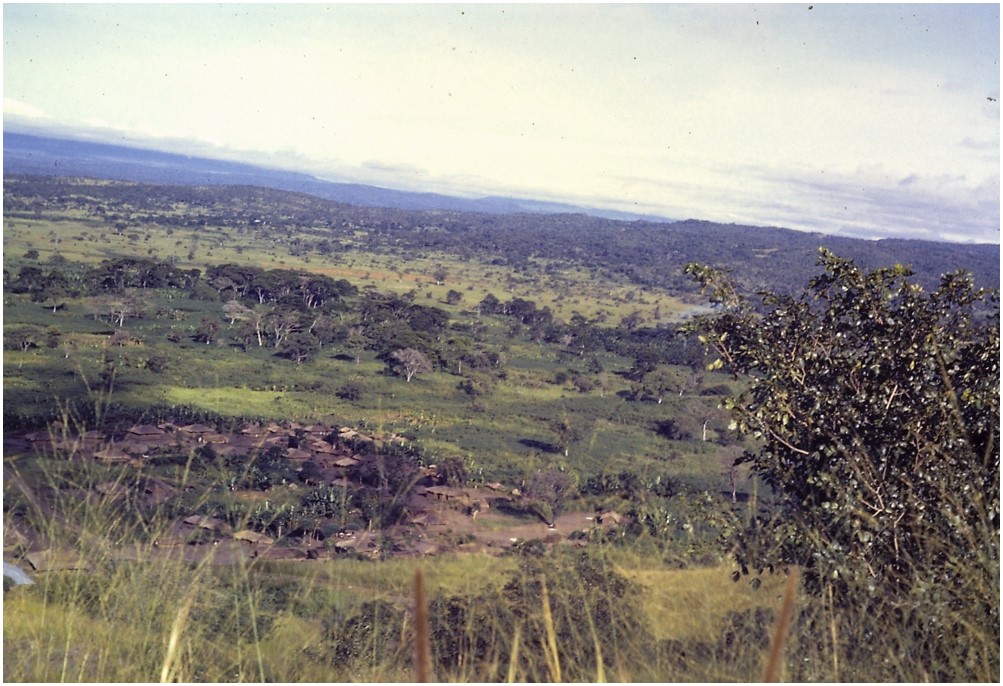
Pictures of their time in Zaire
"Dat ze dus die huizen als er een minister of gelijk kwam naar de dorpen, dat ze die huizen waar ze passeerden allemaal in brand staken want dat moesten huizen zijn met metalen platen in plaats van riet, hetgene dat veel slechter is ginder tegen de warmte, om te tonen dat ze vooruit gingen" - Kristien Waeyenberge (My grandmother)
Bibliography
Benoit, W. (2009). Grondwettelijke evolutie in Congo (DRC). Universiteit Gent. Retrieved from https://libstore.ugent.be/fulltxt/RUG01/001/391/432/RUG01-001391432_2010_0001_AC.pdf on 11 October 2021.
De Baets, J. (n.d.). FILSTISAF: La société FILATURES ET TISSAGES AFRICAINS (FILTISAF). Retrieved from www.Albertville.be on 11 October 2021.
De Zusters van O.L.V.-ten-Bunderen. (2021). Congo - het Mobutu-tijdperk (1965-1997). De Zusters van O.L.V.-ten-Bunderen. Retrieved from https://www.tenbunderen.be/historischkader5.html on 10 October 2021.
Eekelaert, K. (2009). Congo en de vloek der natuurlijke rijkdommen. Universiteit Gent. Retrieved from https://libstore.ugent.be/fulltxt/RUG01/001/392/084/RUG01-001392084_2010_0001_AC.pdf on 11 October 2021.
FILTISAF (n.d.). Historiek –Historique. Retrieved from http://www.filtisaf.be/historiektekst.htm on 11 October 2021.
Jonyszek, F. (January 21, 2019). The Politics of Legitimation under Mobutu. Voice4Thought. Retrieved from https://voice4thought.org/the-politics-of-legitimation-under-mobutu/ on 11 October 2021.
Kakama, M. (1983). “Authenticité”, un systèume lexical dans le discours politique au Zaïre. Institut pédagogique national Kinshasa-Binza, Zaire, 6, 31-58. Retrieved from https://www.persee.fr/doc/mots_0243-6450_1983_num_6_1_1095 on 11 October 2021.
Loffman, R. (2017). Belgian Rule and its Afterlives: Colonialism, Developmentalism, and Mobutism in the Tanganyika District, Southeastern DR-Congo, 1885-1985. International Labor and Wokring-Class History, 92, 47-68.
The Editors of Encyclopaedia Britannica. (October 10, 2021). Mobutu Sese Seko: president of Zaire. Britannica. Retrieved from https://www.britannica.com/biography/Mobutu-Sese-Seko on 10 October 2021.
Verlinden, P. (2014). Het goud van Congo. Houtekiet.

